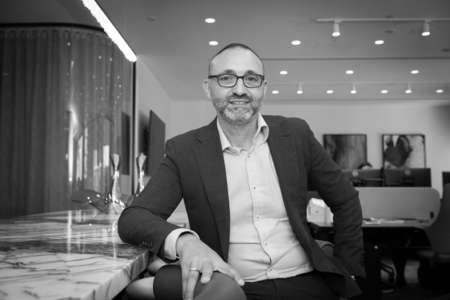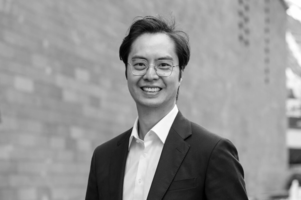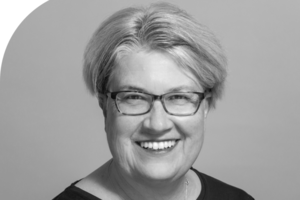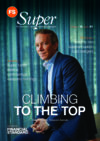Cultural humility: A leadership virtueBY ANN SKEET | VOLUME 13, ISSUE 1This paper provides direction for the development of the workplace virtue known as cultural humility. It defines employee experience, including employee community curation, and ... Get articles like this delivered to your email - Sign up for the free monthly newsletter More Articles |
Latest News
Geopolitical risks force family offices into alternatives, cash: Survey
Geopolitical uncertainties are forcing family offices out of US equities, diversifying into cash and liquid alternatives, according to BlackRock's annual Global Family Office Survey.
Labor proposes changes to ancillary funds
Labor is proposing several reforms to giving or ancillary funds that include increasing the annual distribution rate and smoothing out minimal distributions over three years.
Australia's billionaire boom branded 'morally wrong' by Oxfam
The ranks of Australian billionaires have more than doubled over the past decade, accumulating wealth at $137 million per day on average - $95,000 per minute, according to Oxfam Australia. Its acting chief executive Christina Muli described this as "morally wrong."
Ironbark acquires family office firm
Ironbark Investment Partners has expanded its wealth business with the acquisition of a high-net-worth and family office firm.
Further Reading
Cover Story

Skin in the game
CARMELO VIOLA
PARTNER, MANAGING DIRECTOR
VIOLA PRIVATE WEALTH
PARTNER, MANAGING DIRECTOR
VIOLA PRIVATE WEALTH
Viola Private Wealth executive chair, founding partner, and adviser Charlie Viola has worked hard to build his personal brand, and it shows. Viola's face is plastered across financial services media. This ubiquity, however, isn't without rhyme or reason. Andrew McKean writes.























